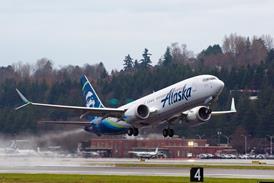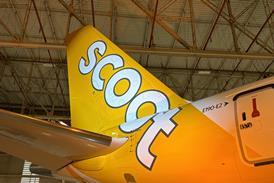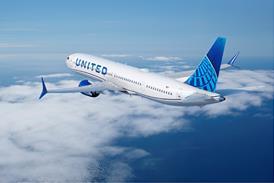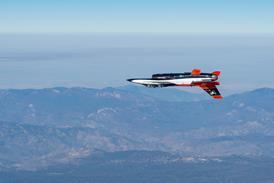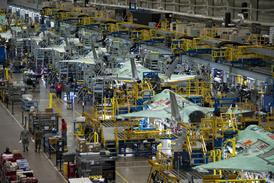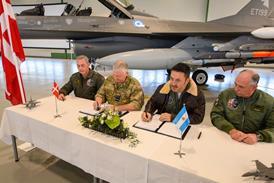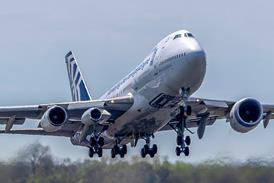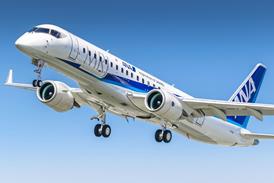US safety investigators have corrected a previous report that linked an engine failure on an AirBridge Cargo Boeing 747-8 to the fan midshaft cracks found on two similar engines for the 787.
The National Transportation Safety Board (NTSB) now says a still-undiagnosed issue caused the low-pressure turbine on a General Electric GEnx-2B to fail on a take-off roll by the AirBridge Cargo aircraft in Shanghai on 11 September.
The update by the NTSB means the GEnx-2B fleet is still under investigation, with the Civil Aviation Administration of China leading an examination and teardown inspection of the engine that failed three weeks ago.
Boeing referred questions on the NTSB update back to the safety agency, saying only that it still "working closely" with investigators in the USA and China.
The update by the NTSB reveals there remain concerns about the 747-8 engine. It seemed only a week ago that a string of three high-profile GEnx engine incidents on both the 787 and 747-8 since late-July had been resolved. The GEnx-1b is one of two engine options for the 787, while the GEnx-2b exclusively powers the 747-8.
Until the NTSB released the update today, both that agency and the Federal Aviation Administration had reported that the AirBridge Cargo incident was connected to the previous incidents with the 787 engine.
In the first of the 787 engine cases, cracks that formed on the fan midshaft of the fractured during a taxi test of an Air India 787 on 28 July.
The second engine problem was found after ultra-sound inspections ordered across the fleet after the incident revealed anomalies in another 787 engine.
The GEnx-2b on the AirBridge Cargo 747-8 also experienced a low-pressure turbine failure, but it is now clear it was not related to the cracks and anomalies discovered on the fan midshaft of the 787 engine.
Last week, GE reported that the fan midshaft problem was caused by a defective anti-corrosion coating on the fan midshaft. Although the same coating had been applied on the fan midshaft of the AirBridge Cargo 747-8, there were no cracks or anomalies found on that component.
Source: Air Transport Intelligence news

